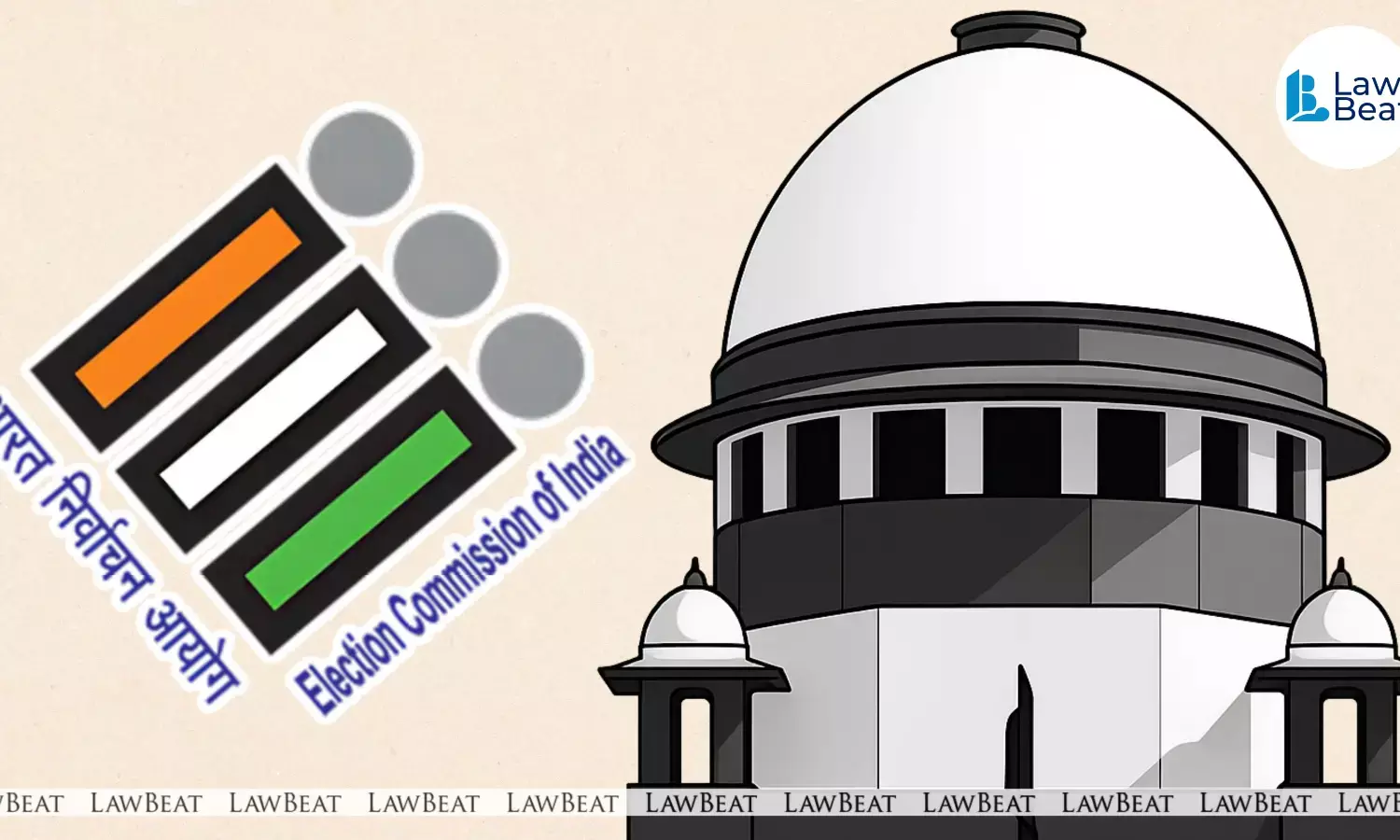ECI Tells SC: Mandating Nationwide Electoral Roll Revisions Would Encroach on Its Exclusive Powers

ECI informs SC that Aadhaar is valid only for identity verification, not citizenship, amid large-scale electoral roll revision across multiple states
The Election Commission of India (ECI) has told the Supreme Court that any judicial direction to mandate special intensive revisions (SIR) of electoral rolls at fixed intervals across the country would amount to an “encroachment” upon its exclusive constitutional authority.
In its counter-affidavit filed against a plea by Advocate Ashwini Kumar Upadhyay, the Commission asserted that it enjoys “complete discretion” under the Constitution and the Representation of the People Act, 1950, to determine the timing and nature of electoral roll revisions.
Citing Article 324 of the Constitution, the ECI said the power of “superintendence, direction and control” of elections and electoral rolls vests solely in the Commission. It further noted that while Section 21 of the RPA requires revision of rolls before elections, it does not impose a rigid timeline. Rule 25 of the Registration of Electors Rules, 1960, also leaves it to the Commission’s discretion whether to carry out a summary or intensive revision.
“Any direction to conduct a SIR at regular intervals throughout the country would encroach upon the exclusive jurisdiction of the ECI,” the affidavit stated.
The ECI stated it is already undertaking measures to ensure the integrity of electoral rolls. On July 5, 2025, it instructed Chief Electoral Officers across states and Union Territories (except Bihar) to begin pre-revision activities for a fresh SIR with January 1, 2026, as the qualifying date. A national conference of CEOs was also convened in New Delhi on September 10 to assess progress.
The affidavit comes shortly after the Supreme Court, on September 8, allowed Aadhaar cards to be used as identity proof in Bihar’s SIR, while clarifying that Aadhaar is not proof of citizenship.
The Bihar SIR, the first since 2003, has stirred political controversy, with opposition parties alleging disenfranchisement motives. The EC, however, said the exercise was aimed at cleaning voter lists by removing deceased persons, duplicates, and non-citizens. The final electoral roll will be published on September 30, 2025.
The Commission urged the Court to dismiss the petition, stressing its autonomy in conducting electoral revisions.
The writ petition filed by Advocate Ashwini Kumar Upadhyay directions to the Election Commission of India (ECI) to conduct Special Intensive Revision (SIR) of electoral rolls at regular intervals across the country to ensure that only Indian citizens are entitled to vote in elections.
The petition emphasizes that Part XV of the Constitution (Articles 324–329) lays down a comprehensive scheme for conduct of elections, which forms part of the Basic Structure of the Constitution. It highlights that Article 324 vests plenary powers of superintendence, direction, and control of the preparation of electoral rolls and conduct of elections in the ECI, while Article 326 mandates that elections to Parliament and State Legislative Assemblies shall be based on adult suffrage, with only Indian citizens above the age of 18 entitled to vote.
The plea stresses that Article 327 empowers Parliament to legislate on all matters relating to elections, including preparation of electoral rolls, but reiterates that the right to vote is confined strictly to citizens. “Conversely, no person who is not a citizen of India, or is an infiltrator or a foreigner, has the right to vote,” the petition asserts, adding that Section 21 of the Representation of the People Act, 1950 specifically empowers the ECI to prepare and revise electoral rolls and conduct intensive revisions when circumstances demand.
The petitioner warns that without an effective Special Intensive Revision being undertaken with set timelines prior to upcoming elections, there is a “substantial risk to the purity of the electoral rolls” and continued inclusion of infiltrators and foreigners as voters, which would compromise free and fair elections.
It is further contended that the “due constitution” of Parliament and State Legislative Assemblies under Article 327 is only possible if the elected members are chosen by citizens alone. The petition argues that as long as infiltrators are included in the electoral rolls and allowed to participate in the election process, this constitutional mandate is defeated.
Case Title: Ashwini Kumar Upadhyay v. Union of India & Ors.
Affidavit Dated: September 12, 2025
Bench: Justice Surya Kant and Justice Joymalya Bagchi
